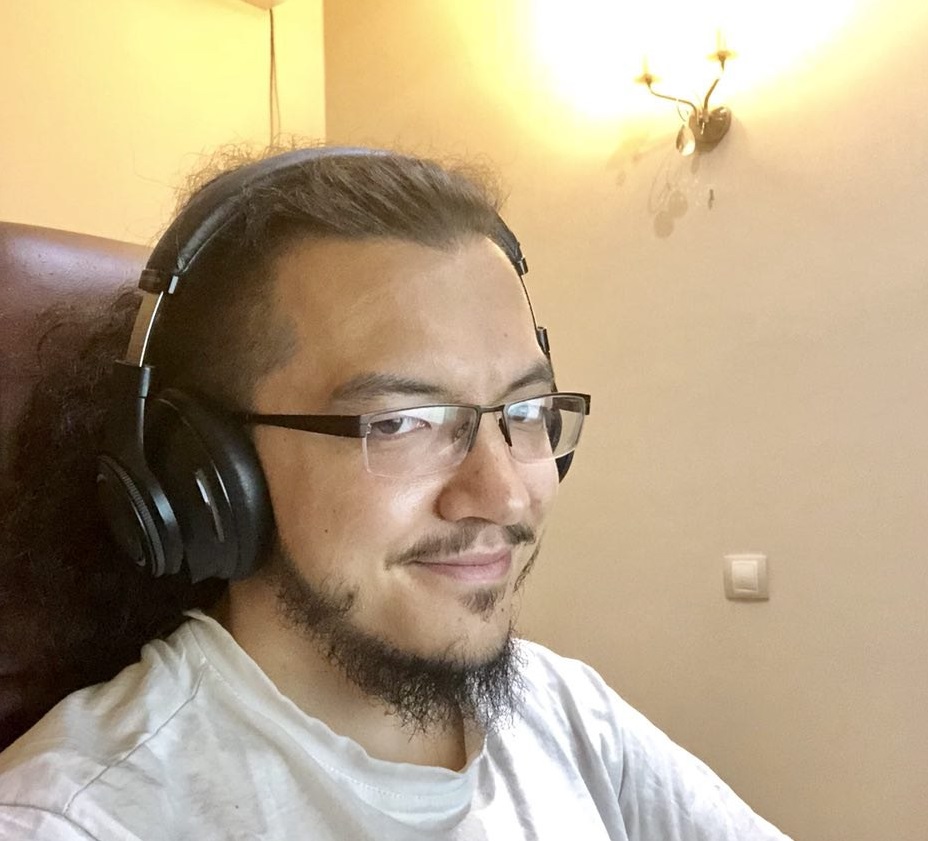Understand the World
What's a 'business'? What's a 'tool'?
May 22, 2020
The discussion1 started by Asternaks and Arkenoi’s tweet led me to define/interpret the term ‘business model’ as an “idea/vision that enables/describes a mutually beneficial interaction of a set of people.”
The ‘business,’ then, is an interaction of the stakeholders (not just employees — clients and people like the landlord of an office), which embodies the model.
The stakeholders then keep an image/a dream in their heads and envision/execute their future, including/recognizing/taking into account that image.
The dream is never complete, and it doesn’t need to be. Being blind around an elephant is often fine here, where an elephant gets reduced to instructions/agreements/adverts, etc.
Being blind doesn’t cut it when you want to create the business, though. When you throw out/ignore parts of the scene, it either dies or revolves around a single person’s driving force.
The most often overlooked parts are:
- in your head - self-evident, implied. Or never verbalized (“skills you can only acquire through experience”)
- usual, familiar things, ones who “always existed” or “appeared naturally” (community, culture, etc.)
- even more often — the processes underlying or supporting “things that were always around.”
Would you spend five years to learn something first?
This is why the business around [professional] tools (see Engelbart’s Violin) is so hard — the prerequisite to “spend five years on violin classes first” or “become a professional fiddler” hardly answers the desire to “play that movie theme I like.”
This is why we have so many groundbreaking open-source projects languishing in misery, technologies-in-search-of-a-problem, and precision tools used as paperweights.
And I’m not (just) about computers and open source. Almost every idea that looks meaningful to me is about precision tools. Why does the Airtable subscription cost $20/mo, while the Aha is $750/mo ($150 x min. 5 seats)? The latter reflects much more processes from the start and includes support on tuning and learning. Support is also the way the Aha team collects feedback, prioritizes features, etc., etc.
But then continuous hand-holding doesn’t make sense, too, as I want to empower curious people to build and to create independently. Not think for them, not just dopamine-dope them when they’re bored like Facebook or TikTok does, either. There should be a balance somewhere.
Food for thought.
Credits: @asternaks @arkenoi @rimzaidullin @ailev @vzezin

Ideas, experiments and projects by Oleksandr.
Ping me via Telegram, Twitter, or just e-mail. There's also a Telegram channel of articles I like.